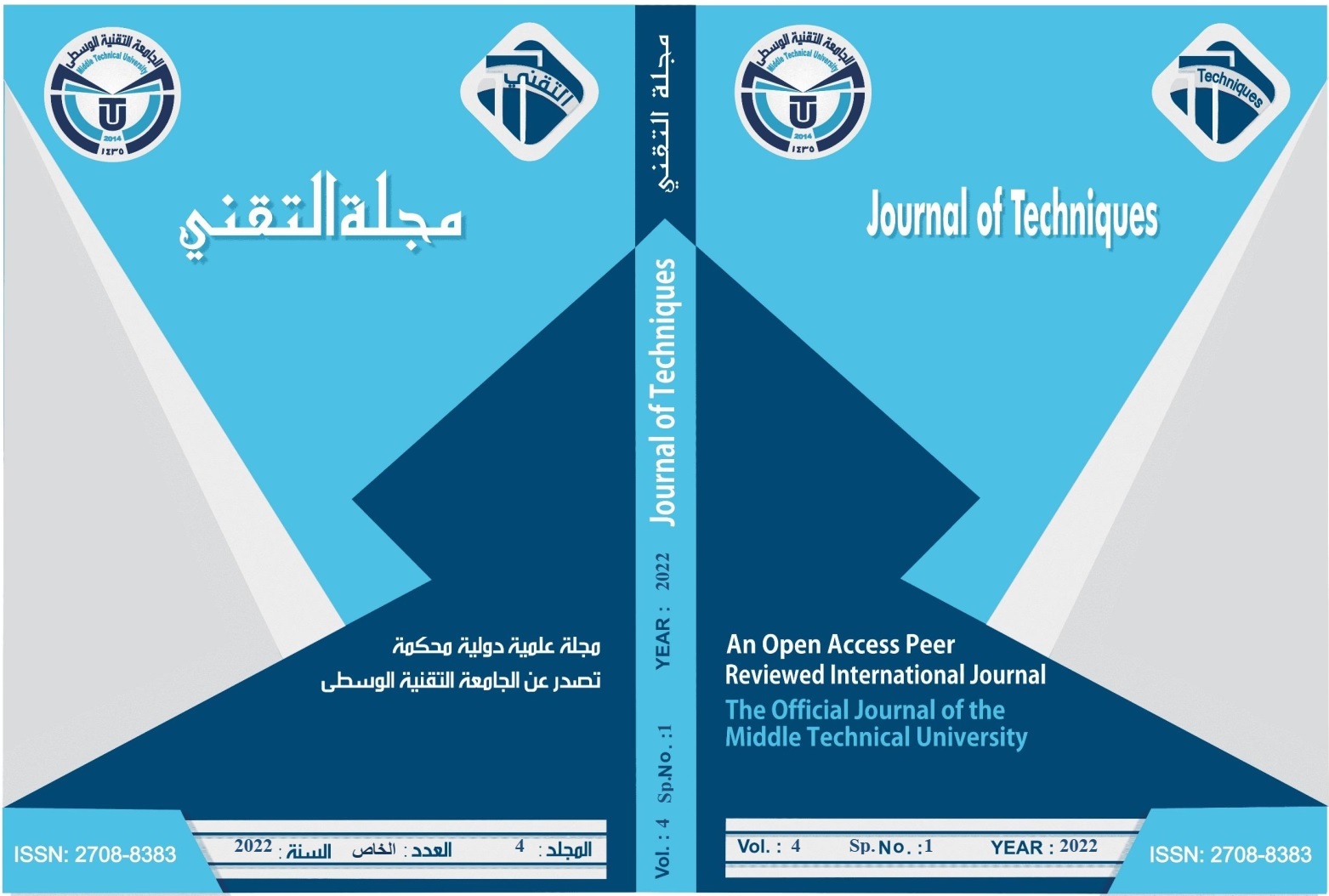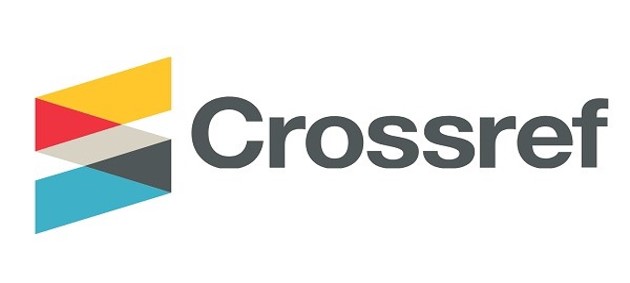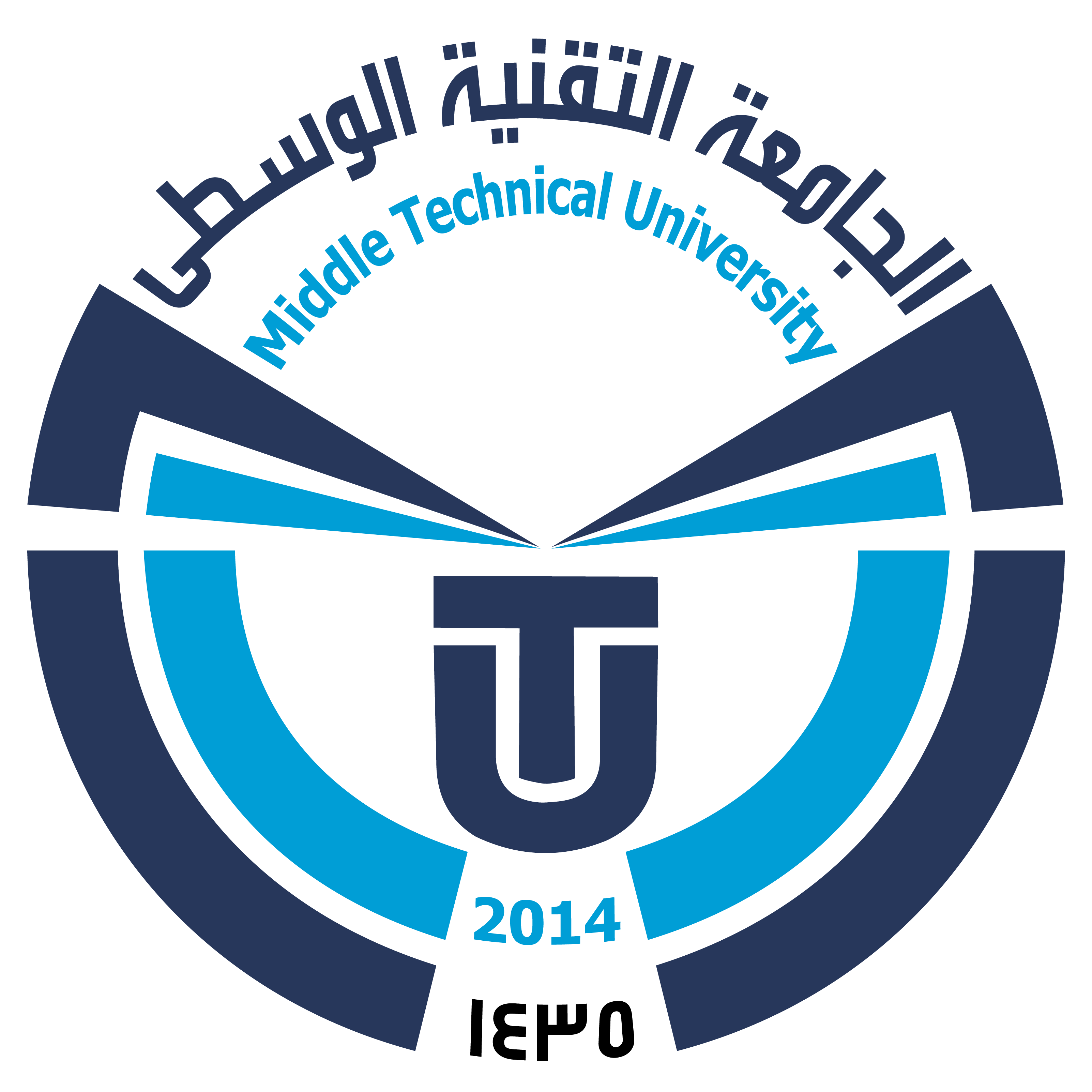Methods of Additive Manufacturing for Dental Co-Cr Alloys: Systematic Review
DOI:
https://doi.org/10.51173/jt.v4i33.641Keywords:
Dentistry, Selective laser sintering, Electron beam melting, Selective laser melting, Cobalt–chromium, Powder bed fusionAbstract
Additive manufacturing is a popular method of producing items directly from digital models through a layer-by-layer material build-up process.
To evaluate the Current State of Knowledge on Dental Co-Cr Alloy Additive Manufacturing Techniques.
Innovative additive printing technologies have made it possible to produce intricate dental components customized for each patient. This study investigated the manufacturing method (build orientation and process parameters), post-processing techniques, and metallic powders utilized in dental applications (stress relieving, surface finishing). The databases PubMed, Science Direct, Mendeley, and Google Scholar were used to carry out an electronic search. A manual search of pertinent article citations was also carried out; inclination angle, stress relieving, heat treatment, cobalt-chromium, selective laser melting, selective laser sintering, and powder bed fusion, dentistry were some of the keywords utilized. Although this publication tries to contain the most recent study from the previous eleven years (2010–2021), and to explain the materials powders and metal used in dental applications.
A cutting-edge technique called additive manufacturing uses a layer-by-layer approach to material build-up to produce things directly from digital models. It is missing a tool, a manufacturing process that produces fully thick metallic components quickly and with good precision. Qualities of additive aspects of production such component design flexibility, part complexity, light- weighting, component consolidation, and functional design are generating specific interest in the additive fabrication of metal for use in automotive, marine, oil & gas, and aerospace industries during powder bed fusion, each layer of the powder bed is only partially fused employing a laser or electron beam as an energy source, the recent and most promising additive manufacturing technologies utilized to produce intricate, low-volume, tiny metallic parts.
By using computer-aided design (CAD) technology, recent developments in digital dentistry have changed dental offices and dental laboratories, by utilizing 3D printing because precise metal framework fitting and technique faster.
Downloads
References
Myszka, D.; Skrodzki, M. Comparison of Dental Prostheses Cast and Sintered by SLM from Co-Cr-Mo-W Alloy. Arch. Foundry Eng. 2016, 16, 201–207.
Craig, R.G. Materiały Stomatologiczne, 12th ed.; Powers, J.M., Sakaguchi, R.L., Shaw, H., Shaw, J.G., Eds.;Edra Urban and Partner: Wrocław, Poland, 2008; ISBN 9780323081085.
Anusavice, K.; Shen, C.; Rawls, H.R. Phillips’ Science of Dental Materials, 12th ed.; Saunders: St. Louis, MO,USA, 2012.
Antanasova, M.; Kocjan, A.; Kovaˇc, J.; Žužek, B.; Jevnikar, P. Influence of thermo-mechanical cycling on porcelain bonding to cobalt–chromium and titanium dental alloys fabricated by casting, milling, and selective laser melting. J. Prosthodont. Res. 2018, 62, 184–194.
Reclaru, L.; Ardelean, L.C. Current Alternatives for Processing CoCr Dental Alloys Lucien; Elsevier Inc.: Cambridge, MA, USA, 2018; Volume 1–3, ISBN 9780128051443.
Ferraiuoli, P.; Taylor, J.C.; Martin, E.; Fenner, J.W.; Narracott, A.J. The accuracy of 3D optical reconstruction and additive manufacturing processes in reproducing detailed subject-specific anatomy. J. Imaging 2017, 3, 45.
Javaid, M.; Haleem, A.; Kumar, L. Current status and applications of 3D scanning in dentistry. Clin. Epidemiol. Glob. Health 2019, 7, 228–233.
Strub, J.R.; Rekow, E.D.;Witkowski, S. Computer-aided design and fabrication of dental restorations: Current systems and future possibilities. J. Am. Dent. Assoc. 2006, 137, 1289–1296.
Sahasrabudhe, H.; Bose, S.; Bandyopadhyay, A. Laser-Based Additive Manufacturing Processes. In Advances in Laser Materials Processing; Lawrence, J., Ed.; Woodhead Publishing: Coventry, UK, 2018; pp. 507–539. ISBN 9780081012529.
Han, X.; Sawada, T.; Schille, C.; Schweizer, E.; Scheideler, L.; Geis-Gerstorfer, J.; Rupp, F.; Spintzyk, S. Comparative analysis of mechanical properties and metal-ceramic bond strength of Co-Cr dental alloy fabricated by different manufacturing processes. Materials (Basel) 2018, 11, 1801.
Egea, A.J.S.; Martynenko, V.; Krahmer, D.M.; de Lacalle, L.N.L.; Benítez, A.; Genovese, G. On the cutting performance of segmented diamond blades when dry-cutting concrete. Materials (Basel) 2018, 11, 264.
Chhaya, M.P.; Poh, P.S.P.; Balmayor, E.R.; Van Griensven, M.; Schantz, J.T.; Hutmacher, D.W. Additive manufacturing in biomedical sciences and the need for definitions and norms. Expert Rev. Med. Devices 2015, 12, 537–543.
Singh, A.V.; Dad Ansari, M.H.; Wang, S.; Laux, P.; Luch, A.; Kumar, A.; Patil, R.; Nussberger, S. The adoption of three-dimensional additive manufacturing from biomedical material design to 3D organ printing. Appl. Sci. 2019, 9, 811.
Dobrza´ nski, L.A.; Dobrza´ nski, L.B. Dentistry 4.0 concept in the design and manufacturing of prosthetic dental restorations. Processes 2020, 8, 525.
Ngo, T.D.; Kashani, A.; Imbalzano, G.; Nguyen, K.T.Q.; Hui, D. Additive manufacturing (3D printing): A review of materials, methods, applications and challenges. Compos. Part B Eng. 2018, 143, 172–196.
Dikova, T. Properties of Co-Cr Dental Alloys Fabricated Using Additive Technologies. In Biomaterials in Regenerative Medicine; Dobrza´ nski, L.A., Ed.; IntechOpen: London, UK, 2018; pp. 141–159.
Revilla-León, M.; Özcan, M. Additive Manufacturing Technologies Used for 3D Metal Printing in Dentistry. Curr. Oral Health Rep. 2017, 4, 201–208.
Oliveira, T.T.; Reis, A.C. Fabrication of dental implants by the additive manufacturing method: A systematic review. J. Prosthet. Dent. 2019, 122, 270–274.
Okazaki, Y.; Ishino, A.; Higuchi, S. Chemical, physical, and mechanical properties and microstructures of laser-sintered Co-25Cr-5Mo-5W (SP2) andW-Free Co-28Cr-6Mo alloys for dental applications. Materials (Basel) 2019, 12, 4039.
B. Vayre, Frederic Vignat and Francois Villeneuve, Metallic additive manufacturing: State-of-the-art review and prospects, Grenoble, France, January 2012, 89 - 96.
English C. L., Tewari S. K., and Abbott D. H., An Overview of Ni Base Additive Fabrication Technologies for Aerospace Applications (Preprint), GE Aviation, March 2011.
Pattanayak DK, Fukuda A, Matsushita T, Takemoto M, Fujibayashi S, Sasaki K. Bioactive Ti metal analogous to human cancellous bone: fabrication by selective laser melting and chemical treatments. Acta Biomater. 2011; 7:1398–406.
Chen J, Zhang Z, Chen X, Zhang C, Zhang G, Xu Z. Design and manufacture of customized dental implants by using reverse engineering and selective laser melting technology. J Prosthet Dent 2014; 112:1088-1095
Xiong Y, Qian C, Sun J. Fabrication of porous titanium implants by three-dimensional printing and sintering at different temperatures. Dent Mater J 2012;31(5):815–20 Santos E C, Osakada K, Shiomi M, Kitamura Y and Abe F 2004 Proc. Inst. Mech. Eng. C: J. Mech. Eng. Sci. 218 711
Wang X, Jiang M, Zhou Z, Gou J and Hui D 2017 Compos. Part B: Eng. 110 442.
Utela B, Storti D, Anderson R and Ganter M 2008 J. Manuf. Proc. 10 96.
UPCRAFT, Steve; FLETCHER, Richard. The rapid prototyping technologies. Assembly Automation, 2003.
Murr, L.E.; Gaytan, S.M.; Ramirez, D.A.; Martinez, E.; Hernandez, J.; Amato, K.N.; Shindo, P.W.; Medina, F.R.; Wicker, R.B. Metal Fabrication by Additive Manufacturing Using Laser and Electron Beam Melting Technologies. J. Mater. Sci. Technol. 2012, 28, 1–14.
Sawhney, H. and Jose, A. A. (2018) ‘3D Printing in Dentistry-Sculpting the Way It Is’, Turkish journal of biology = Turk biyoloji dergisi / the Scientific and Technical Research Council of Turkey, 8(1), pp. 01–04.
Gali, S. and Sirsi, S. (2015) ‘3D Printing: the future technology in prosthodontics’, Journal of Dental and Orofacial Research. MS Ramaiah University of Applied Sciences, 11(1), pp. 37–40.
Hung, K.-C. et al. (2016) ‘Water-based polyurethane 3D printed scaffolds with controlled release function for customized cartilage tissue engineering’, Biomaterials, 83, pp. 156– 168. doi: 10.1016/j.biomaterials.2016.01.019.
Osman, R. B. et al. (2017) ‘3D-printing zirconia implants; a dream or a reality? An in- vitro study evaluating the dimensional accuracy, surface topography and mechanical properties of printed zirconia implant and discs’, Journal of the mechanical behavior of biomedical materials, 75, pp. 521–528. doi: 10.1016/j.jmbbm.2017.08.018.
DESPEISSE, Mélanie; MINSHALL, Tim. Skills and education for additive manufacturing: a review of emerging issues. In: IFIP International Conference on Advances in Production Management Systems. Springer, Cham, 2017. p. 289-297.
Liu ZY, Li C, Fang XY, et al. Energy consumption in additive manufacturing of metal parts. Procedia Manuf. 2018; 26:834–845.
Verhoef LA, Budde BW, Chockalingam C, et al. The effect of additive manufacturing on global energy demand: an assessment using a bottom-up approach. Energ Policy. 2018; 112:349–360.
Beguma Z, Chhedat P. Rapid prototyping–when virtual meets reality. Int J Comput Dent. 2014;17(4):297–306.
Van Noort R. The future of dental devices is digital. Dent Mater. 2012;28(1):3–12.
Barucca G, Santecchia E, Majni G, et al. Structural characterization of biomedical Co- Cr-Mo components produced by direct metal laser sintering. Mater Sci Eng C Mater Biol Appl. 2015; 48:263–269.
Castillo-Oyague R, Osorio R, Osorio E, et al. The effect of surface treatments on the microroughness of laser-sintered and vacuum-cast base metal alloys for dental prosthetic frameworks. Microsc Res Tech. 2012;75(9):1206–1212.
Revilla-Leon M, Ceballos L, Martinez-Klemm I, et al. Discrepancy of complete-arch titanium frameworks manufactured using selective laser melting and electron beam melting additive manufacturing technologies. J Prosthet Dent. 2018;120(6):942–947.
LIMONES, Alvaro, et al. Zirconia-ceramic versus metal-ceramic posterior multiunit tooth-supported fixed dental prostheses: A systematic review and meta-analysis of randomized controlled trials. The Journal of the American Dental Association, 2020, 151.4: 230-238. e7.
Tanner J, Niemi H, Ojala E, et al. Zirconia single crowns and multiple-unit FDPs-An up to 8 -year retrospective clinical study. J Dent. 2018; 79:96–101.
Heintze SD, Rousson V. Survival of zirconia- and metal-supported fixed dental prostheses: a systematic review. Int J Prosthodont. 2010;23(6):493–502.
Sun J, Zhang FQ. The application of rapid prototyping in prosthodontics. J Prosthodont. 2012;21(8):641–644.
Arias-Gonz aleza F, del Vala J, Comesa~nab R, et al. Additive manufacturing based on laser cladding of Cp-Ti for dental implants. Lasers in Manufacturing Conference 2015, 2015.
KÖRNER, C. Additive manufacturing of metallic components by selective electron beam melting—a review. International Materials Reviews, 2016, 61.5: 361-377.
BHAVAR, Valmik, et al. A review on powder bed fusion technology of metal additive manufacturing. Additive manufacturing handbook, 2017, 251-253.
KUMAR, Rakesh; KUMAR, Manoj; CHOHAN, Jasgurpreet Singh. Material-specific properties and applications of additive manufacturing techniques: A comprehensive review. Bulletin of Materials Science, 2021, 44.3: 1-19.
Sarita, S.; Gajavalli S.U.M.; Kiran G.K.; Srikanth L.; Modini C., Rapid prototyping: A frontline digital innovation in dentistry Rapid prototyping: A frontline digital innovation in dentistry, Int. J. Oral Health Dentistry 2021;7(2):97–103.
BARRACLOUGH, Olivia, et al. Modern partial dentures-part 1: novel manufacturing techniques. British Dental Journal, 2021, 230.10: 651-657.

Downloads
Published
How to Cite
Issue
Section
License
Copyright (c) 2022 Evan Hussain Alwan, Sabiha Mahdi Kanaan

This work is licensed under a Creative Commons Attribution 4.0 International License.
















